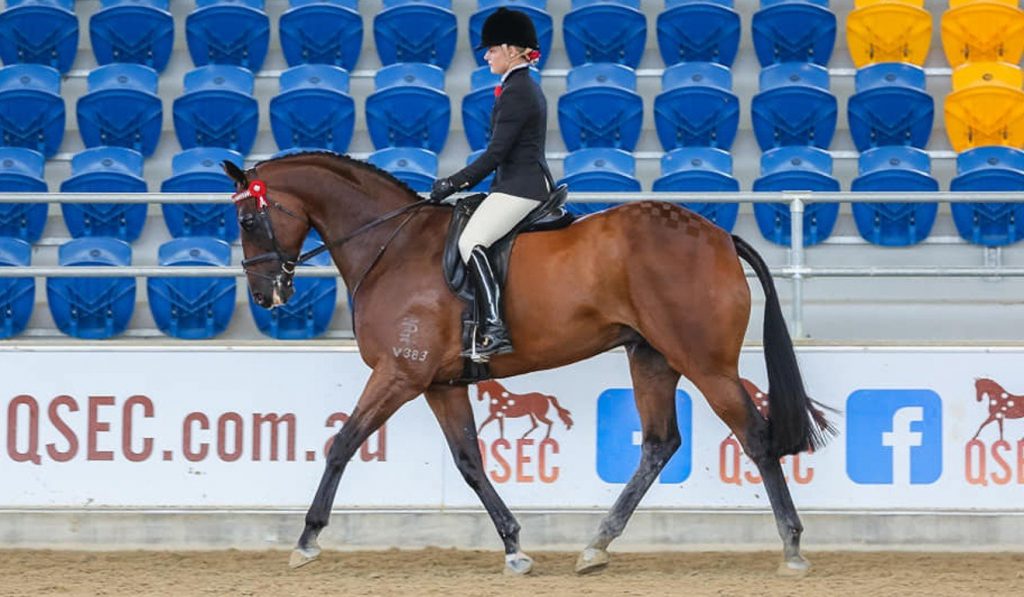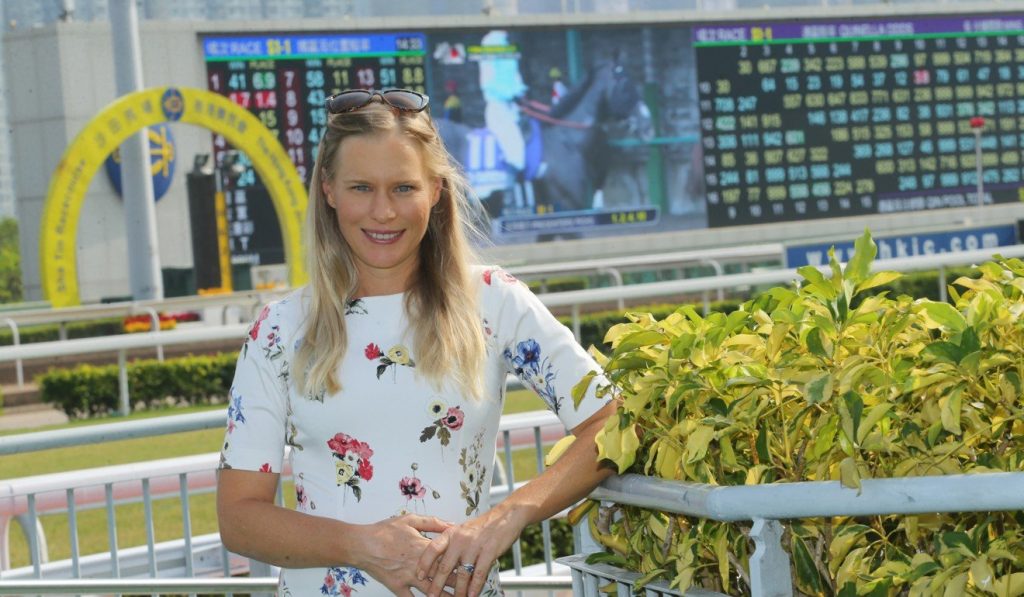Amy Taylor’s International Thoroughbred Retirement provides owners with constant updates on the well-being of their former gallopers.
by Sam Agarson – HK Racing
You have to do something pretty special as a racehorse to be widely remembered when you retire, but you certainly don’t have to be a superstar to spend your twilight years in comfort.
While former Hong Kong galloper Solar Hei Hei’s record of 33 starts for seven wins and almost HK$9 million in prize money is not to be sneezed at, it’s not enough to see him while away his days in Australia’s Living Legends paddocks alongside Silent Witness and a swag of other former champions.
That’s where International Thoroughbred Retirement comes in, a Hong Kong-based rehoming service founded and run by ex-jockey Amy Taylor.
“I fell in love with Solar Hei Hei because I rode him in trackwork. He’s had two years off now – he had a few joint issues so we’re bringing him up slowly,” Taylor said.
“He actually went to the Royal Queensland Show in Brisbane and competed and got top 10. It’s been a slow process.”
Then there’s Elegant Tapestry, who was owned by the same connections as Group One winner Rich Tapestry but could only manage one start as a racehorse and not a dime of prize money.
“He had one run at Happy Valley and got beaten 20 lengths but he’s won twice at the Royal Queensland Show, he’s a top show horse in Queensland. The slow ones can even have a good career,” Taylor laughs.
At a time when animal welfare is a hot topic and the racing industry has vowed to do more for retired horses – who often fall off the radar once their racing career concludes – ITR has developed a rehoming blueprint that leaves nothing to chance.

Dealing with horses who are sent to Australia and New Zealand after retirement, ITR retrains them for a new career and provides annual updates to owners.
“We don’t sell them, the horses are free but it’s an adoption contract, so they can never be sold on – once you sell a horse you’ve lost ownership of them and it’s very hard to track them,” Taylor said.
“Because we have access to all the vet records here it makes it so much easier because when an owner retires one and they want to send it out, you can look at it’s vet history and make a plan for it.

“So what we do is, when they get to New Zealand or Australia, they have an assessment with our re-trainers – I employ three people in New Zealand – and we see how much time it needs in the paddock and if it’s going to be sound for a career in eventing or something else.”